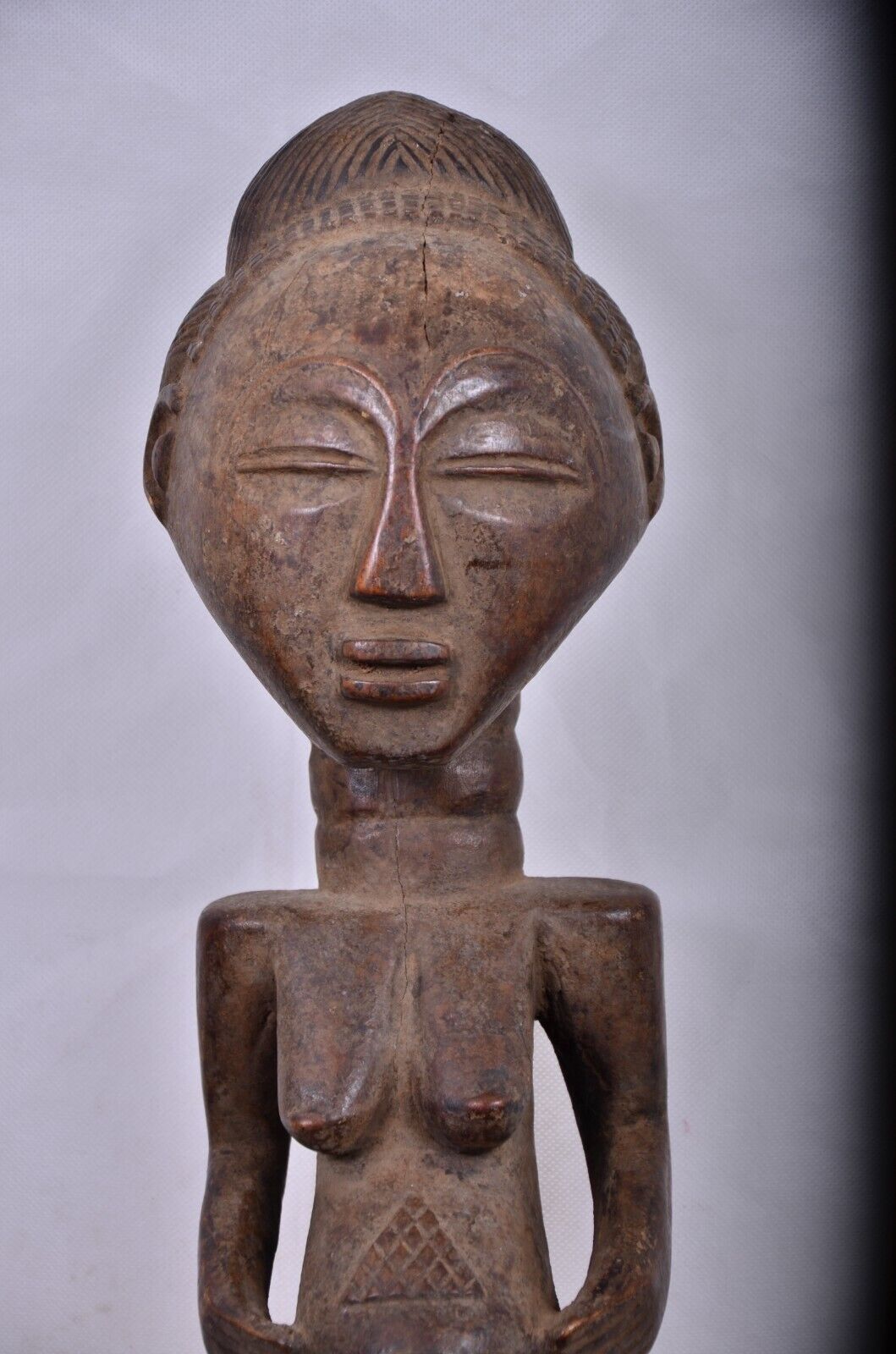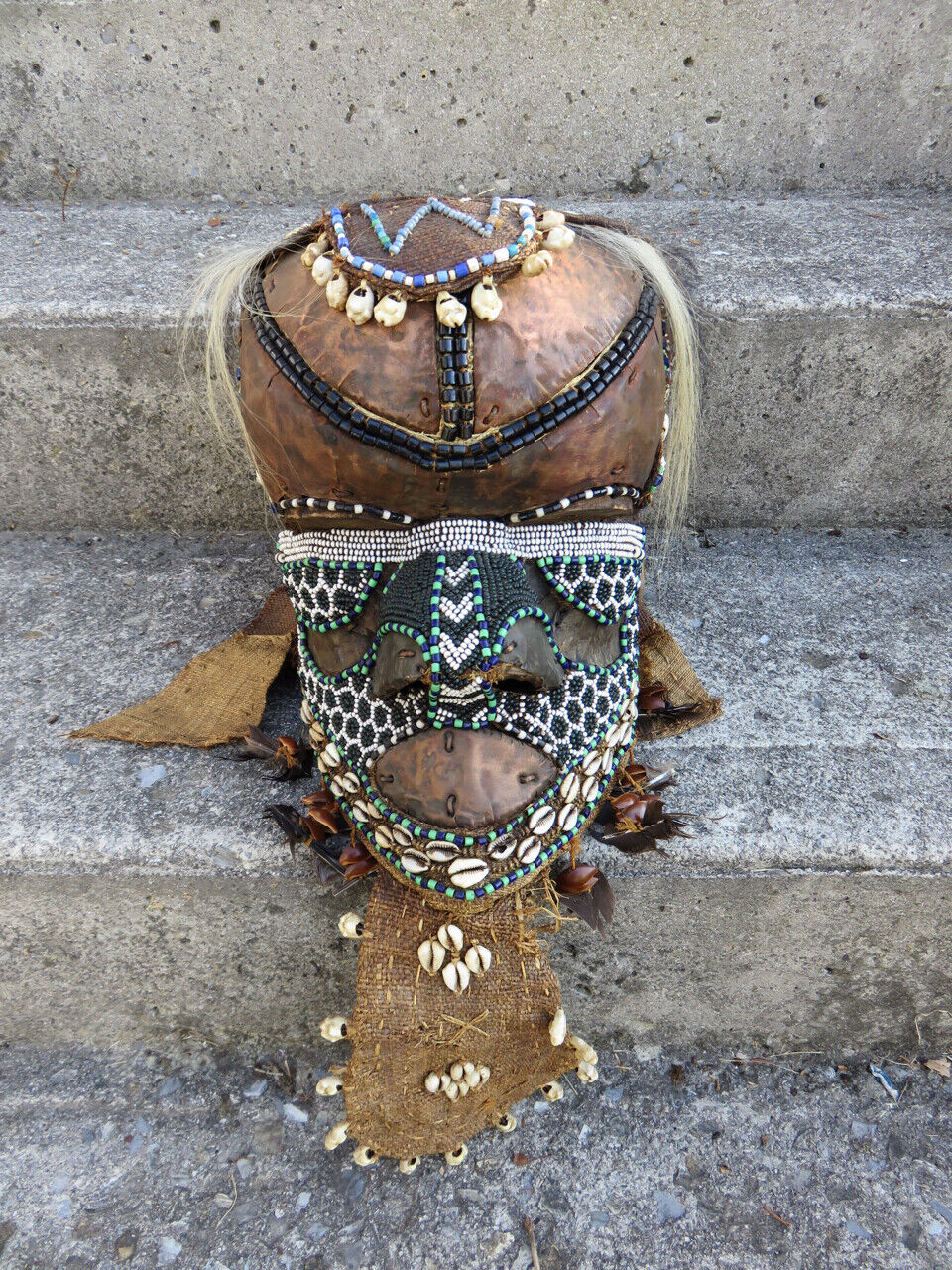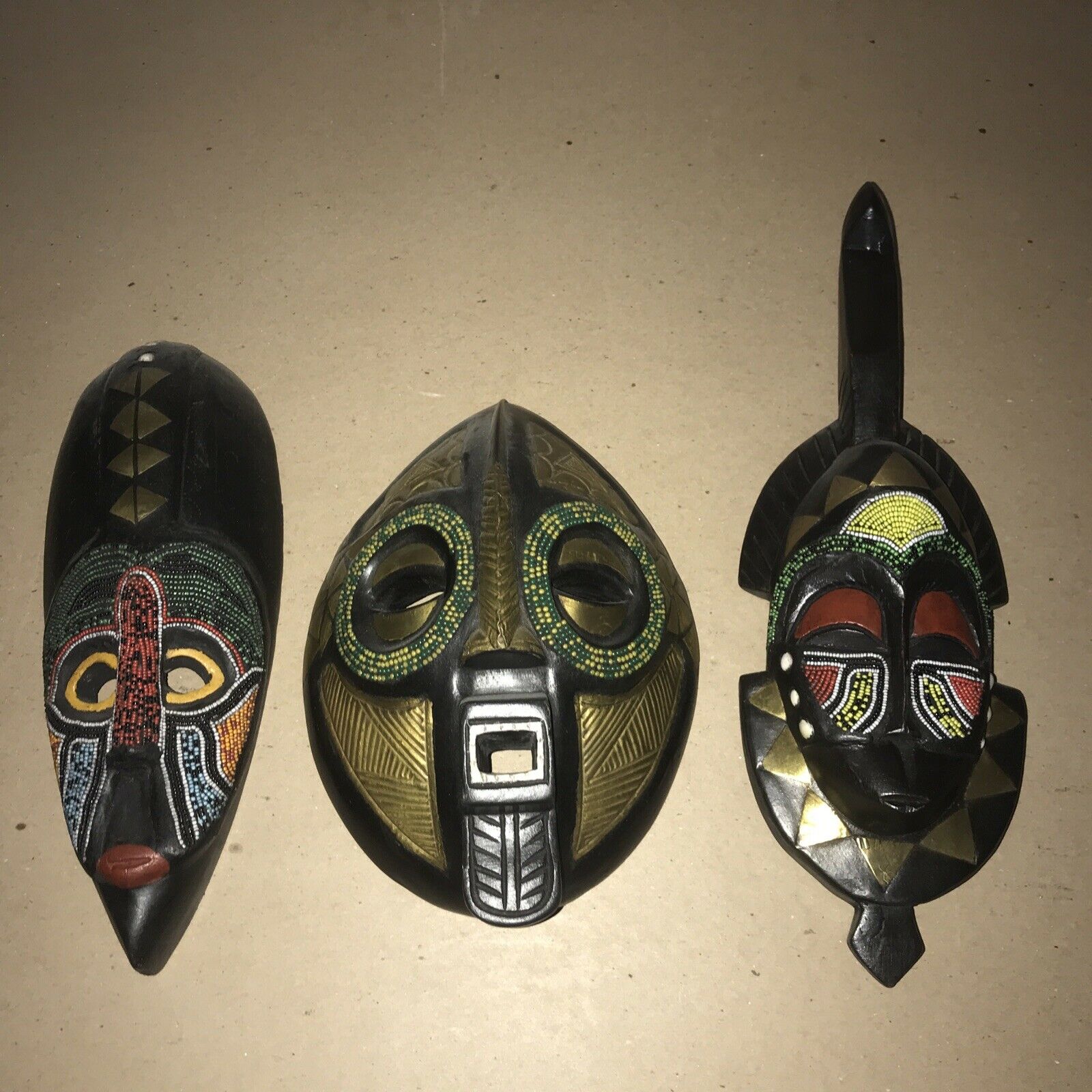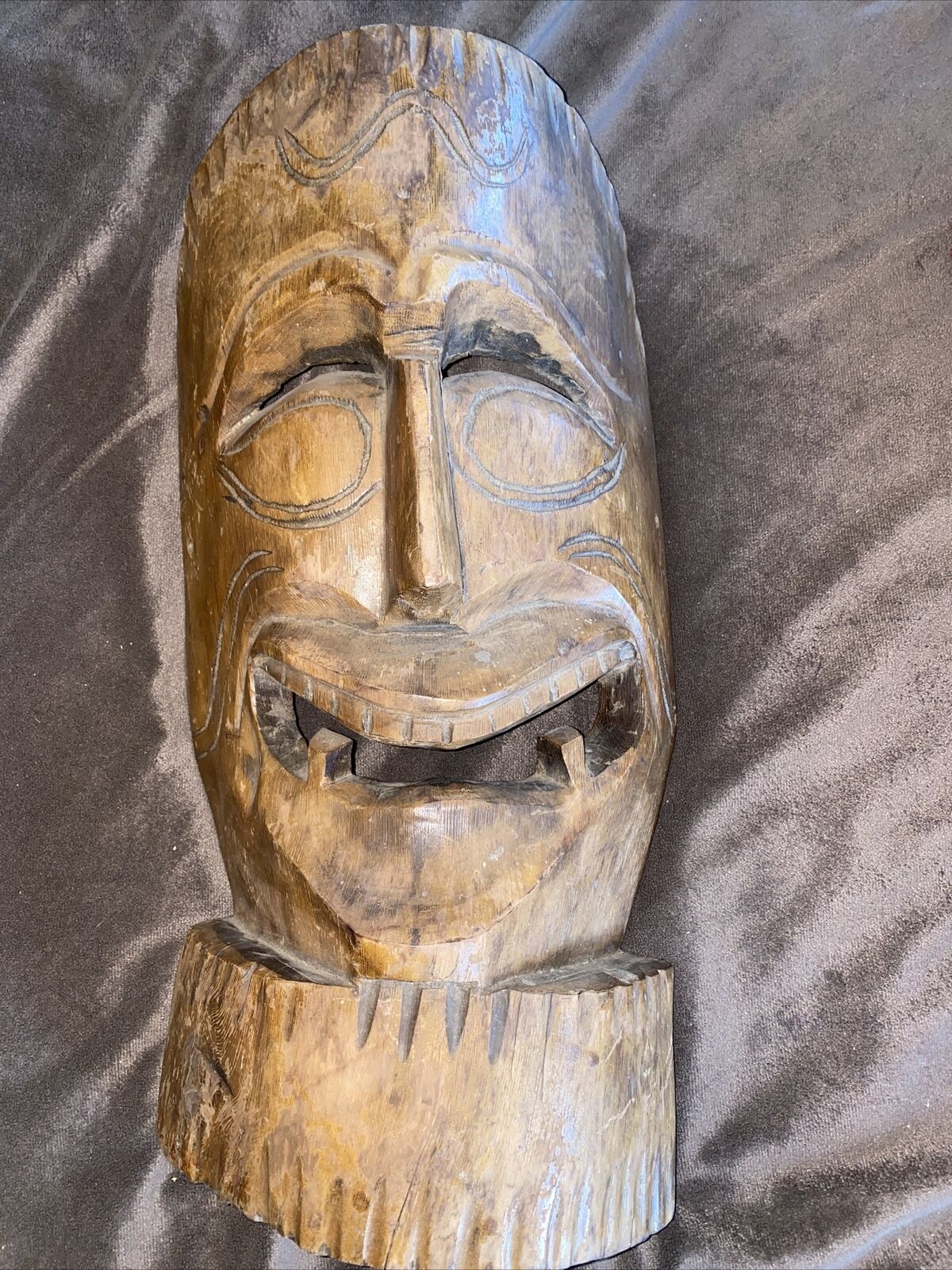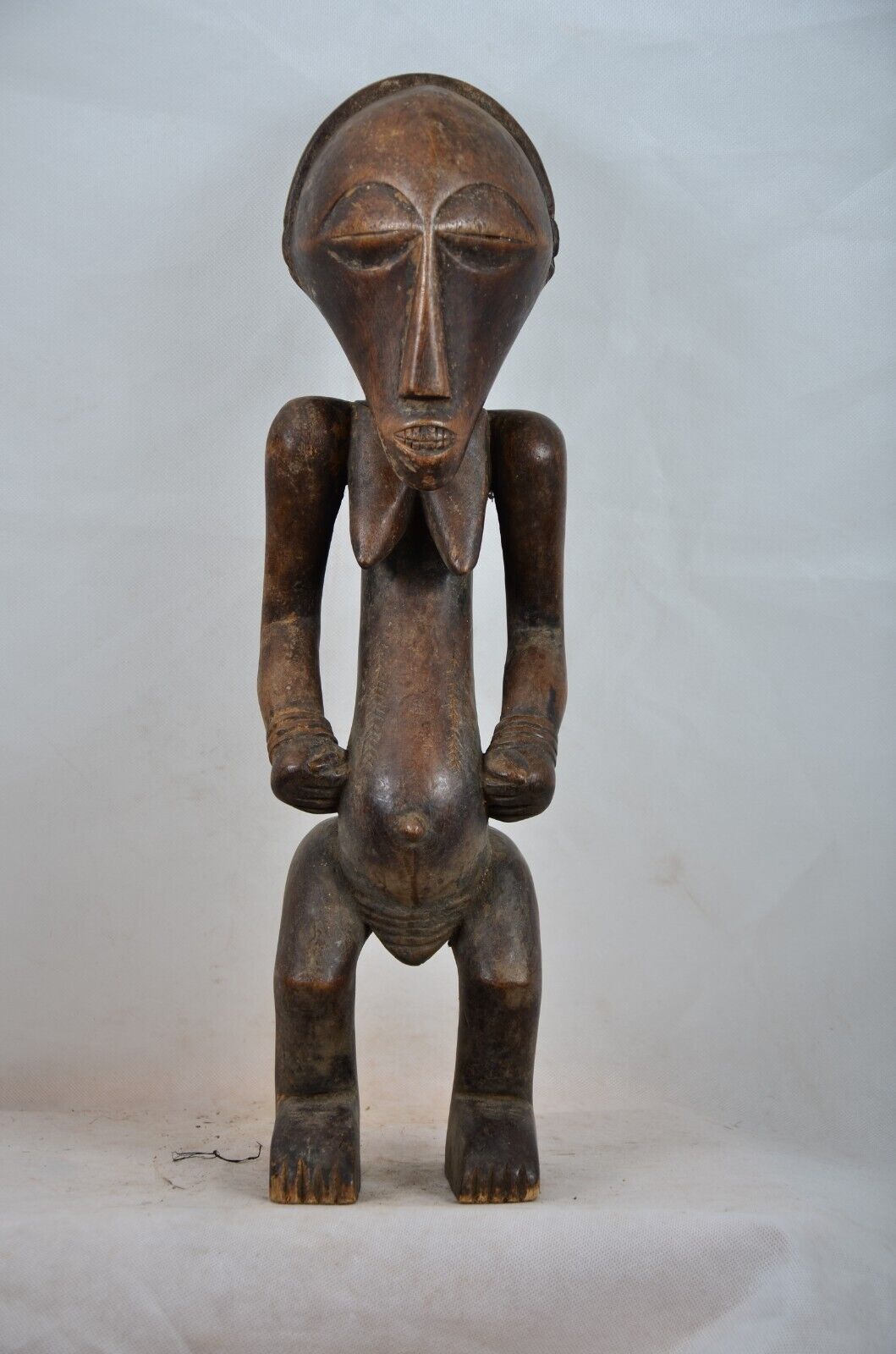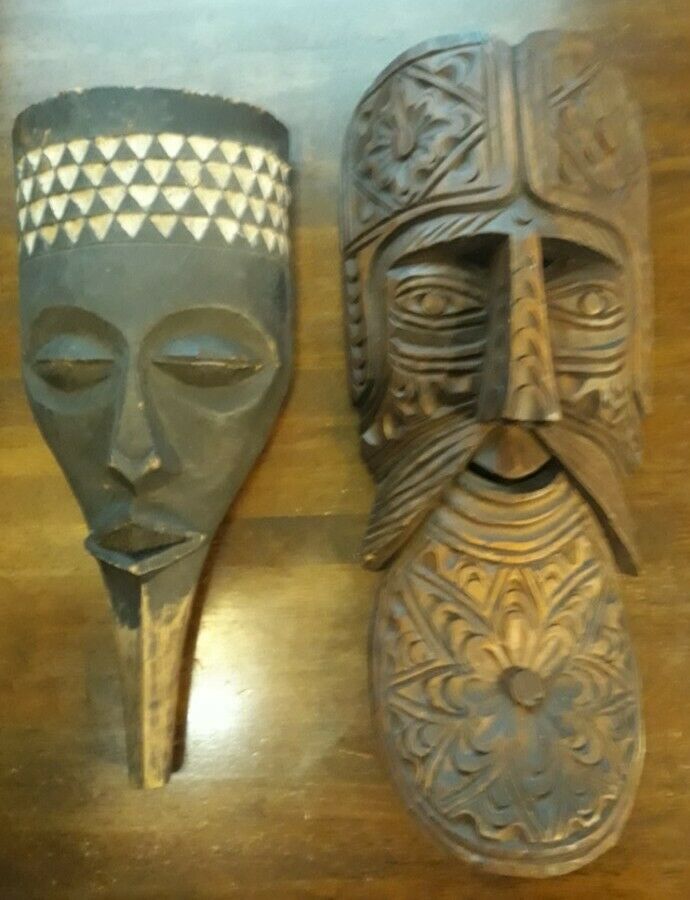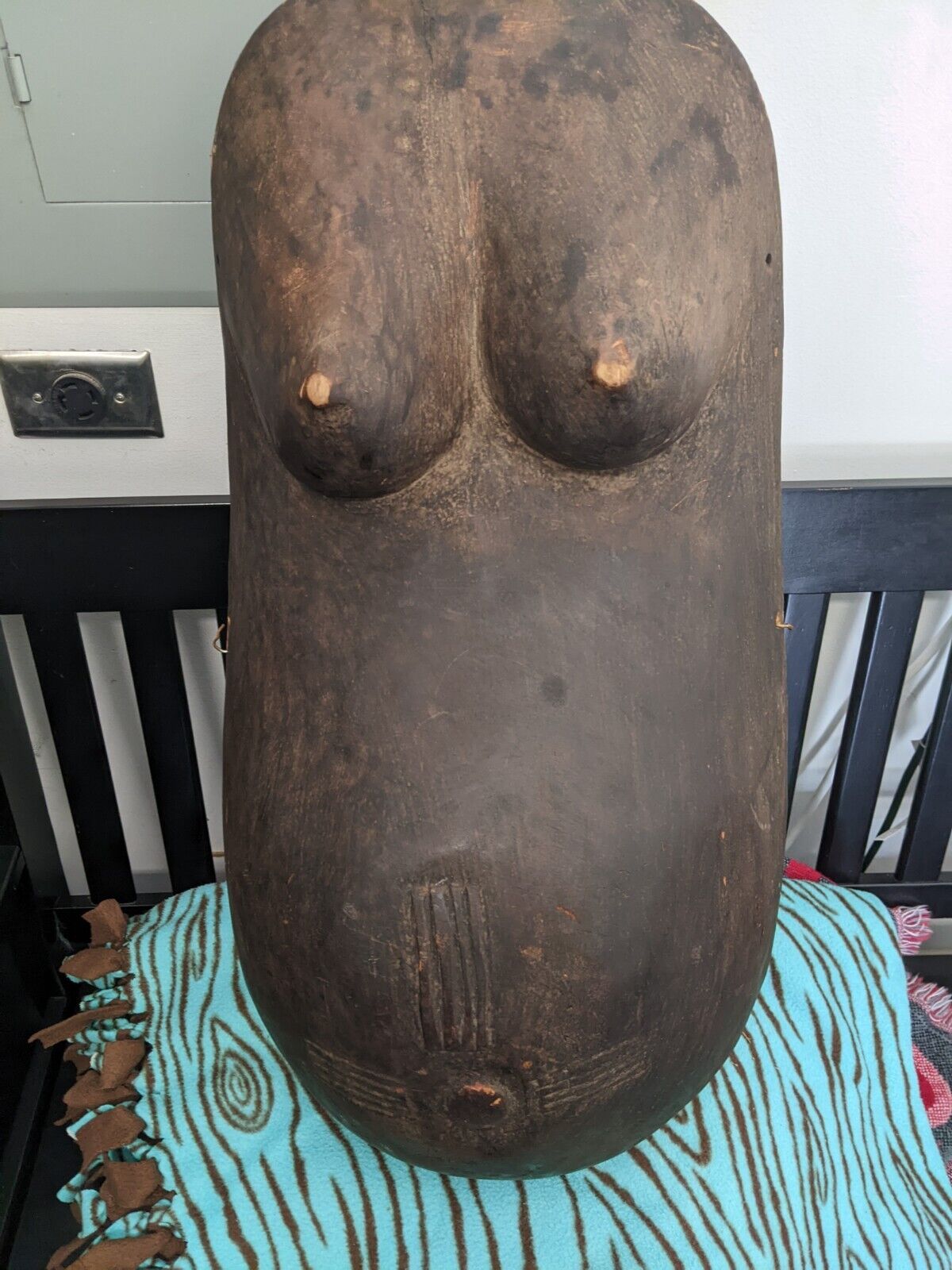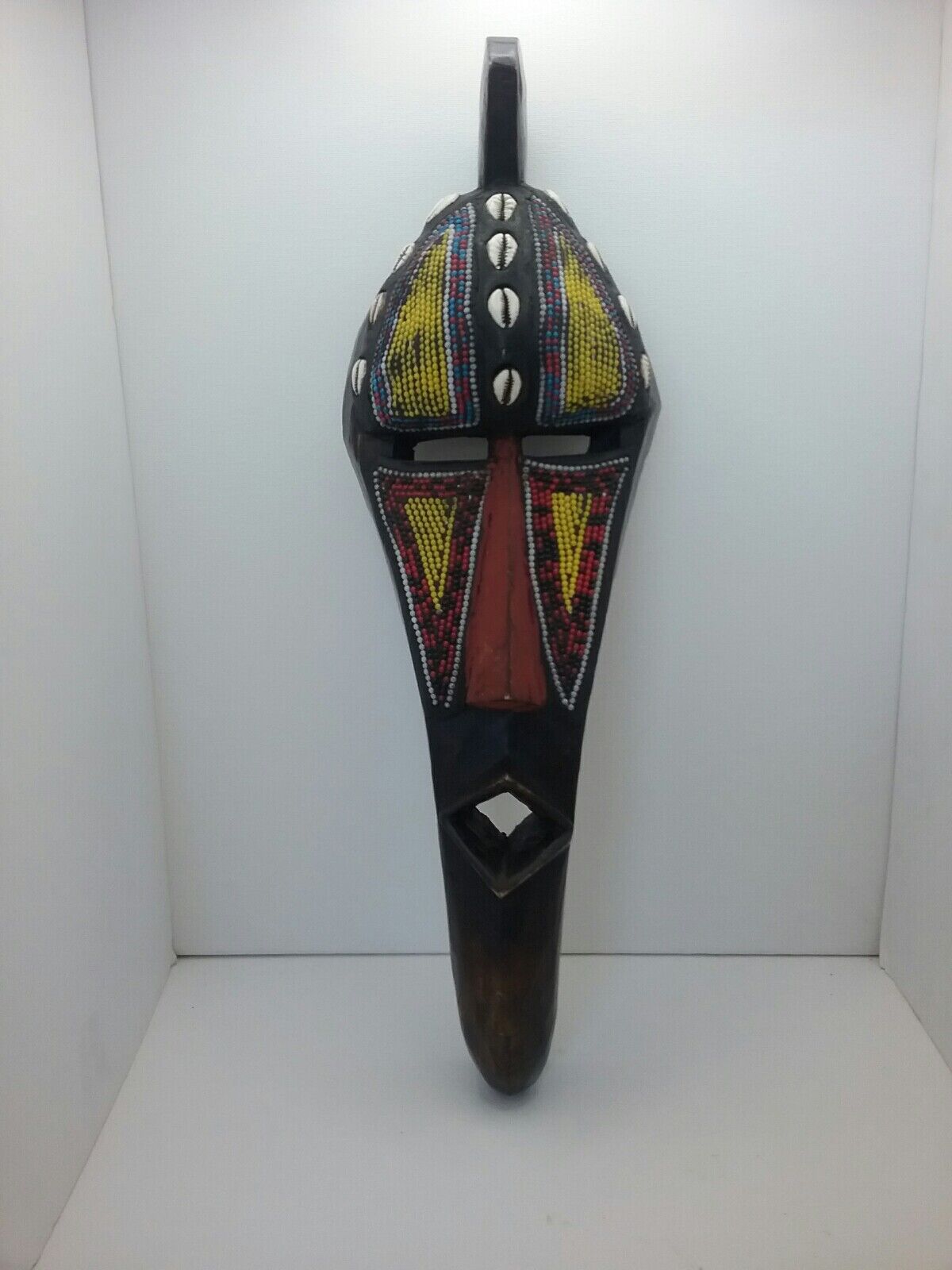-40%
Africa tribal Art, Nice hemba Statue from DRC (Congo).
$ 137.28
- Description
- Size Guide
Description
TitleAfrica tribal Art, Nice hemba Statue from DRC (Congo).
County of origin
Democratic Republic of Congo
People
hema
Type of object
Statue
Materials
Wood
Approx. size
51cm---20inches high. /weight:kg
TRIBAL AFRICAN ART
HEMBA (BAHEMBA)
Democratic Republic of the Congo
In southeast DRC, the 90,000 Hemba people inhabit the right bank of the Lualaba River. This region presents vast plains surrounded by high hills and bordered by streams, rocks, and marshes.
They are primarily subsistence agriculturalists whose main staples include manioc, maize, peanuts, beans and yams. These crops are supplemented by small scale hunting and fishing done mostly by the men. Some alluvial copper is panned from the river and sold to outside markets.
Their social organization is founded on a system of clans that brings together several families sharing a common ancestor.
They recognize a creator god
Vidiye Mukulu
and a supreme being
ShimuGabo
.
The Hemba practice ancestor worship, not only to keep the memory of their great chiefs alive, but also to justify the present authority and power of the chief of the clan; the latter has absolute authority over clan members and is in charge of several ancestor figures he keeps in his own hut or in a smaller, funerary hut. The chief of the clan renders justice and his status as clan head means that he has the privilege of receiving numerous gifts. As celebrant of the ancestral cult, the chief of the clan, surrounded by the people, communicates with the ancestor, recalling his great deeds and summoning his good will. He renders justice in his own home, and collects tributes for it. Along with medicine, law, and sacrifices, the ancestral cult penetrates all social, political, and religious domains. To possess numerous effigies is a sign of nobility. Secret societies such as Bukazanzi for the men and Bukibilo for the women counterbalance the
chief of the clan’s
power.
Diviners play an important role in society, often requiring that certain ancestors be appeased in order to establish balance in the community.


